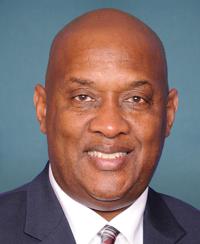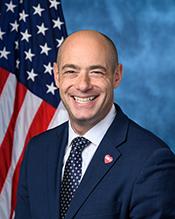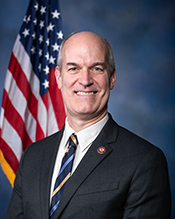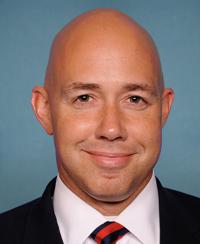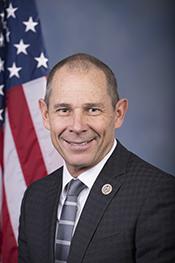H.R. 791: Foreign Anti-Digital Piracy Act
The Foreign Anti-Digital Piracy Act (FADPA) proposes changes to the U.S. copyright law, specifically aimed at addressing copyright infringement occurring through foreign websites and online services. Below is a summary of the key provisions of the bill:
Petition for Blocking Orders
The bill allows copyright owners or their exclusive licensees (collectively referred to as "covered persons") to file a petition in a U.S. District Court to request a preliminary order to block access to foreign websites or online services that are believed to be infringing copyright. The court may issue such an order if the petitioner demonstrates:
- The foreign website or service is likely violating U.S. copyright laws.
- The petitioner will likely suffer irreversible harm if immediate action is not taken.
Requirements for Petition
To obtain the order, the petitioner must provide certain information, including:
- The internet protocol address, domain name, or online identifier of the infringing foreign site.
- Evidence that the operator of the site has been notified of the action.
- Data confirming that the operator is located outside the United States.
- Certification that the site is mainly designed for infringing copyright or has no significant purpose other than infringement.
Issuance and Implementation of Orders
If a court grants the request, it can issue an order directing internet service providers (ISPs) to take reasonable measures to prevent users from accessing the infringing site. The bill stipulates that:
- The order must not interfere with access to legitimate content or impose significant burdens on the service provider.
- Service providers must comply within specified time frames, generally within 15 to 20 days.
- Orders can last for up to 12 months but can be extended if the infringement continues.
Contesting Orders
Operators of foreign websites identified in the petition have the right to contest the order within 30 days of its issuance. If they do not appear in court, the court may appoint a special master to assist in determining whether the order should be maintained.
Transparency and Immunity for Service Providers
The bill requires that details of issued orders be available through a public website, including the names of the petitioners and the foreign sites involved. Additionally, service providers that comply with lawful orders will be granted immunity from liability for any claims related to the actions taken to comply with these orders.
Definitions and Scope
FADPA includes several definitions that clarify terms such as "foreign website or online service," "service provider," and "live event." The legislation is meant to target platforms primarily designed for infringing content and is applicable primarily to copyright owners and licensees.
Effective Date
The Act would become effective six months after it is enacted into law.
Relevant Companies
- AMZN (Amazon): As a major provider of cloud services (AWS) that could host foreign websites, Amazon may be impacted by the requirements to block access to these sites.
- GOOGL (Alphabet): Being a key player in internet services and advertising, changes in liability regarding copyright could affect its business model.
- META (Meta Platforms): As a platform hosting various international users and content, Meta could be required to implement blocking orders affecting foreign sites that infringe on U.S. copyrights.
- NFLX (Netflix): As a provider of streaming content that relies heavily on copyrights, Netflix could face challenges related to live event transmissions and their distribution through foreign services.
This is an AI-generated summary of the bill text. There may be mistakes.
Sponsors
1 sponsor
Actions
2 actions
| Date | Action |
|---|---|
| Jan. 28, 2025 | Introduced in House |
| Jan. 28, 2025 | Referred to the House Committee on the Judiciary. |
Corporate Lobbying
0 companies lobbying
None found.
* Note that there can be significant delays in lobbying disclosures, and our data may be incomplete.
























